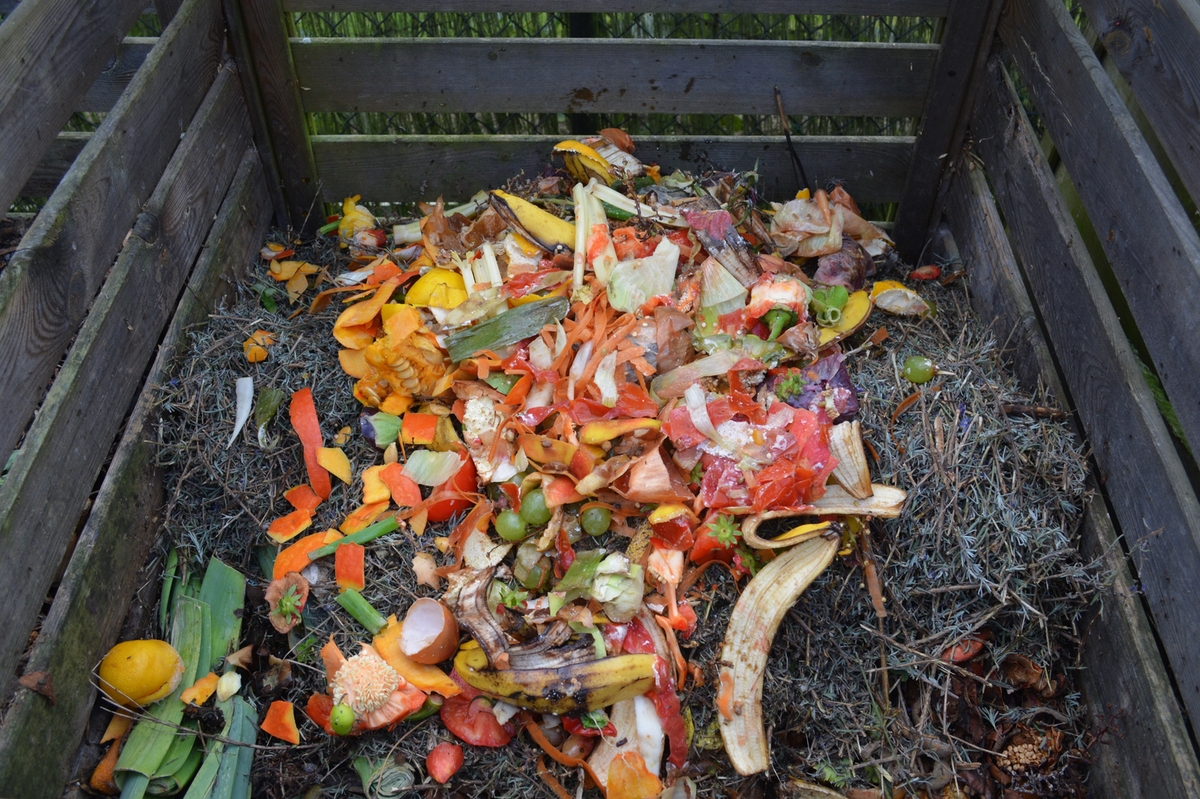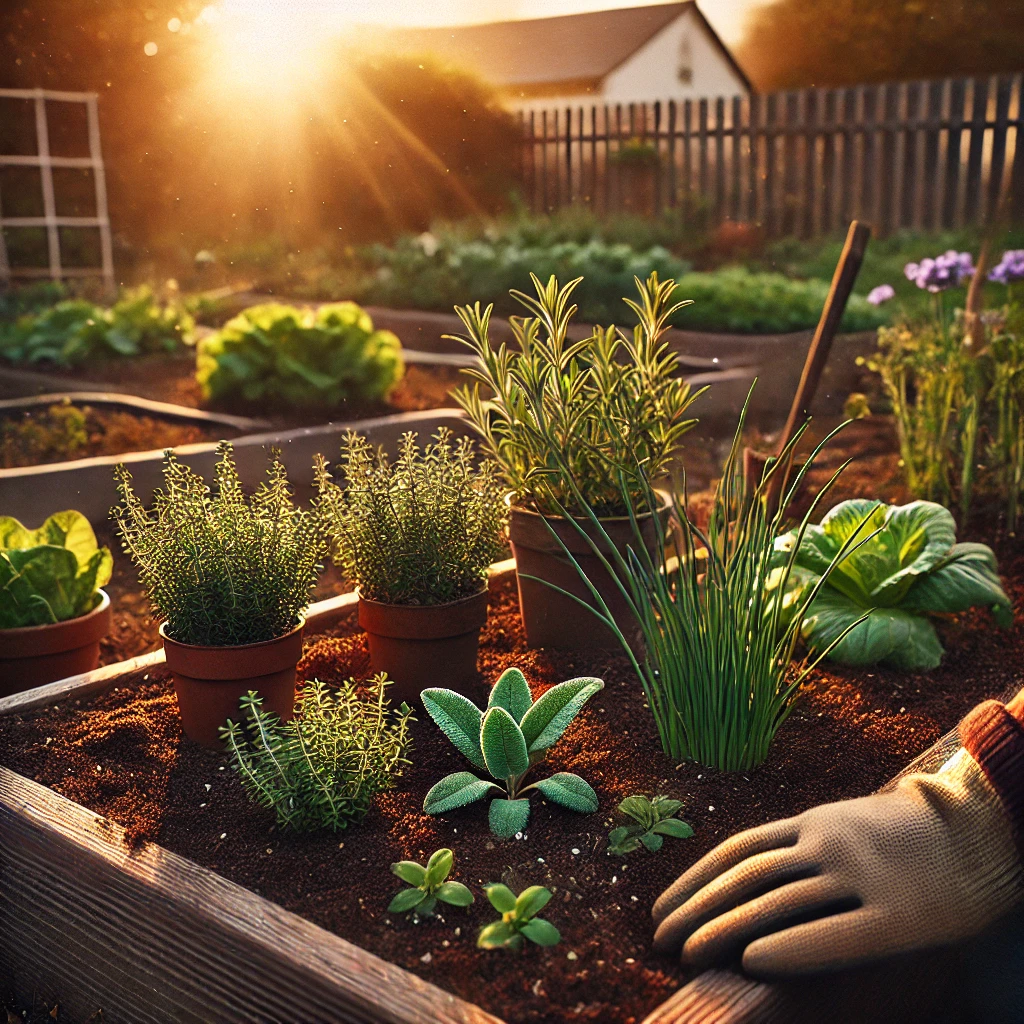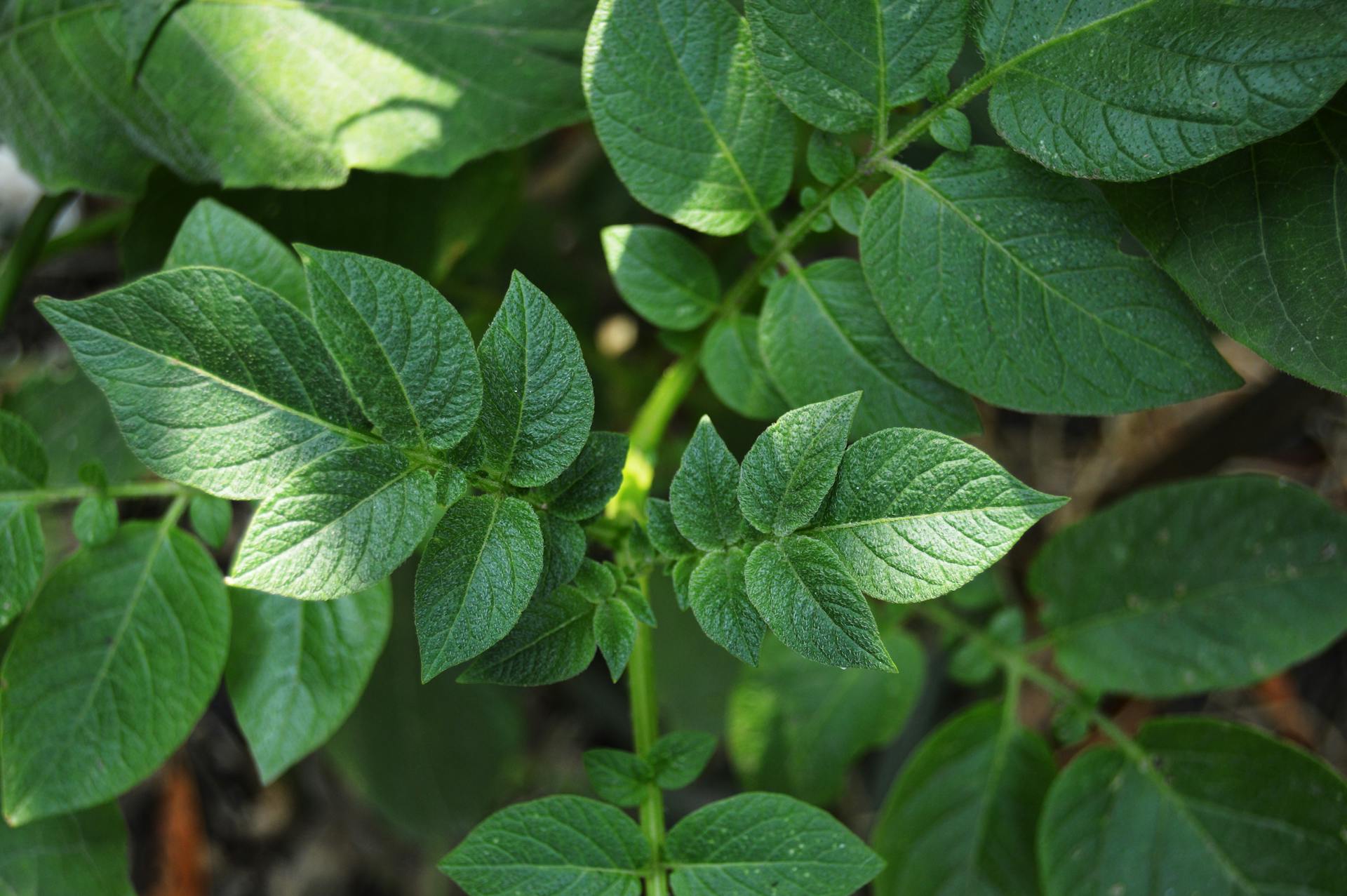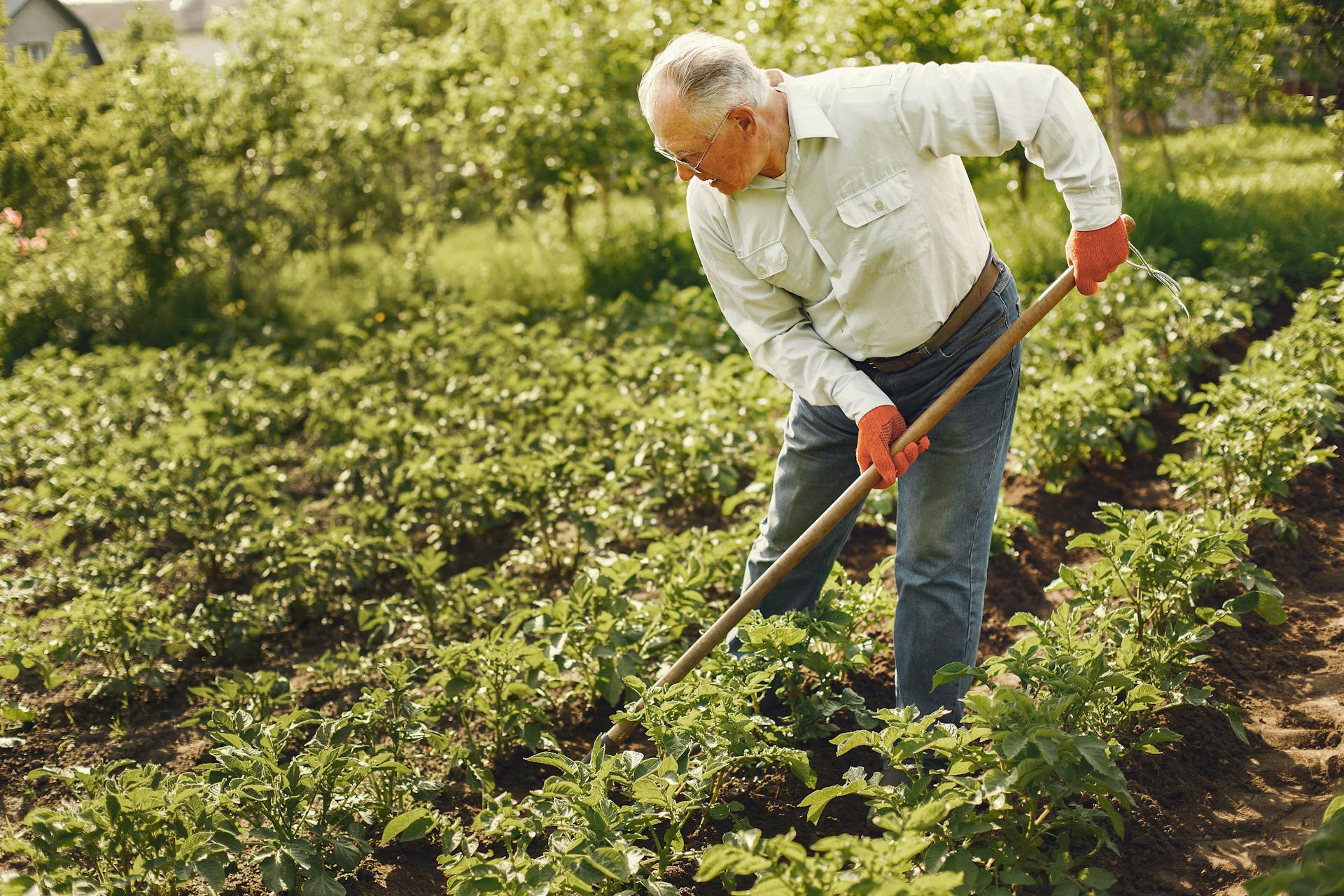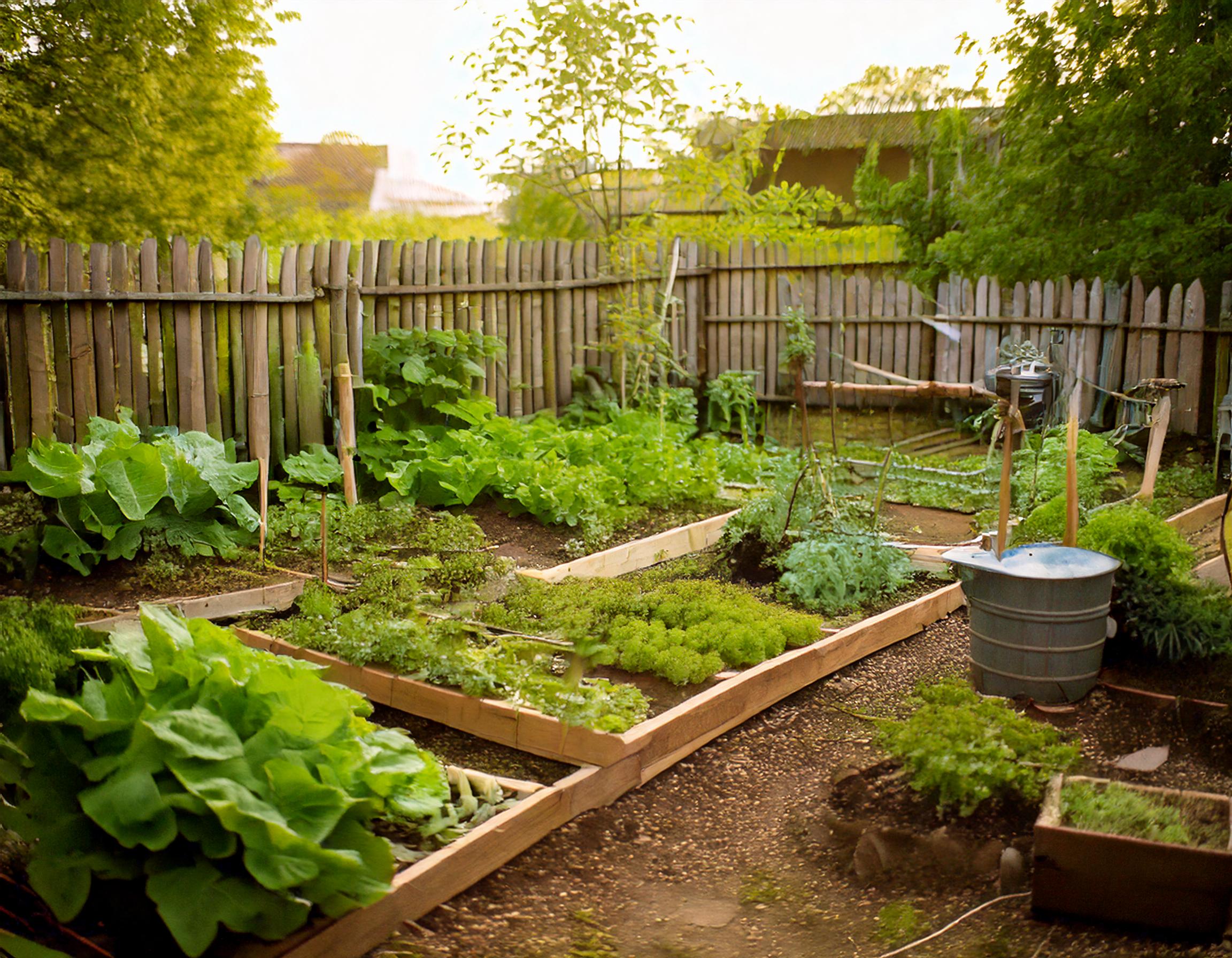If you’re looking to supercharge your garden, reduce kitchen waste, and contribute to a healthier planet, composting is your answer. Composting not only creates nutrient-rich soil for your plants but also reduces the amount of organic waste that ends up in landfills. Best of all, it’s easy to start right in your backyard or even indoors.
In this blog, we’ll explore what composting is, why it’s beneficial, how to start your own compost pile, and some tips for success.
What Is Composting?
Composting is the natural process of breaking down organic materials—like kitchen scraps, yard waste, and other biodegradable items—into a dark, crumbly substance called humus. This humus is packed with nutrients that help plants thrive. Compost acts as a natural fertilizer, improves soil structure, and even boosts your plants’ resistance to pests and diseases.
Why Composting Is a Game-Changer for Your Garden
- Nutrient-Rich Soil: Compost contains vital nutrients like nitrogen, phosphorus, and potassium, which are essential for healthy plant growth.
- Improved Soil Structure: Compost enhances soil texture, helping sandy soil retain water and clay soil drain better.
- Waste Reduction: By composting, you can divert up to 30% of household waste from landfills.
- Eco-Friendly Gardening: Composting reduces methane emissions from decomposing organic waste in landfills.
- Cost Savings: Say goodbye to expensive chemical fertilizers—your compost pile has everything your garden needs.
How to Start Composting at Home
Starting a compost pile or bin doesn’t require fancy equipment or a lot of space. Here’s how you can do it:
Step 1: Choose a Composting Method
- Backyard Composting: Perfect for outdoor spaces. You can build a pile or use a compost bin.
- Vermicomposting: Ideal for small spaces or indoors. This method uses worms to break down organic matter.
- Tumbler Composting: A low-maintenance option for quicker results. Compost tumblers are sealed containers you rotate to aerate the material.
Step 2: Select the Right Location
- Find a spot with good drainage that’s easily accessible but not too close to your house to avoid odors.
- Choose a partially shaded area to prevent your compost from drying out or overheating.
Step 3: Gather Your Materials
Composting relies on a balance of two types of materials:
- Greens (Nitrogen-Rich): Kitchen scraps (vegetable peels, fruit scraps, coffee grounds, eggshells).
- Browns (Carbon-Rich): Dry leaves, straw, shredded newspaper, cardboard, and small branches.
Step 4: Build Your Pile
- Start with a layer of browns to ensure proper drainage.
- Add greens, then alternate layers of greens and browns.
- Chop large items into smaller pieces to speed up decomposition.
Step 5: Maintain Your Compost
- Aerate: Turn the pile every week or two to add oxygen and speed up decomposition.
- Moisture: Keep the pile as moist as a wrung-out sponge. If it’s too dry, sprinkle water; if it’s too wet, add more browns.
- Temperature: A good compost pile heats up to around 135–160°F. If it feels cool, add more greens and aerate.
What Can You Compost?
Compostable Items:
- Fruit and vegetable scraps
- Coffee grounds and filters
- Tea bags (non-plastic)
- Eggshells
- Grass clippings
- Dry leaves
- Shredded paper
Avoid Composting:
- Meat, fish, or dairy (can attract pests)
- Oily or greasy food
- Pet waste
- Diseased plants
- Non-biodegradable materials
Troubleshooting Common Composting Problems
- Foul Odors: This usually means your pile is too wet or has too many greens. Add more browns and turn the pile.
- Pests: Cover food scraps with browns and avoid adding meat or oily foods.
- Slow Decomposition: Chop materials into smaller pieces and ensure you’re maintaining the right balance of greens and browns.
Using Your Finished Compost
After a few months, your compost will transform into a dark, crumbly substance with an earthy smell. Here’s how to use it:
- In the Garden: Mix compost into garden beds to improve soil health.
- As Mulch: Spread it around plants to retain moisture and suppress weeds.
- For Seedlings: Add compost to potting soil for a nutrient boost.
Conclusion
Composting is a simple, sustainable practice that benefits both your garden and the environment. Whether you’re a seasoned gardener or just starting, creating your own compost is a rewarding way to nurture your plants and reduce waste. So why not start your compost pile today? Your garden—and the planet—will thank you.

